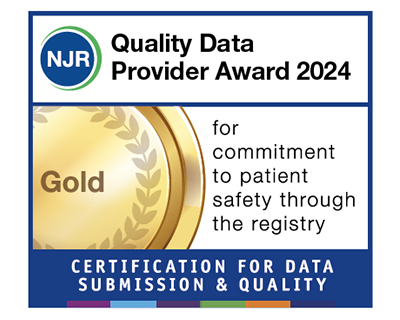Springfield Hospital Specialists
-
Dr Hafiz Algurafi
Dr Hafiz Algurafi is a Consultant Oncologist at Springfield Hospital in Chelmsford with a specialist interest in Breast Cancer.
Read more -
Dr Abdel Hamid
Dr Abdel Hamid is a Consultant Clinical Oncologist in Essex, specialising in urological, breast, head and neck, and gynaecological cancers.
Read more -
Dr Mohammad Rafiqul Islam
Dr Mohammad Rafiqul Islam is a Consultant Oncologist specialising in treating Colorectal, Lung and Cancer of Unknown Primary
Read more -
Dr MB Mukesh
Dr. M B Mukesh is a cancer specialist in Essex and Hertfordshire dealing with breast cancer, skin cancer including malignant melanoma, ovarian cancer, carcinoma of unknown primary and pancreatic / gastric cancers.
Read more -
Dr Eliot Sims
Dr Eliot Sims, Clinical Oncologist who specialises in Breast cancer at Springfield Hospital in Chelmsford
Read more -
Dr Sunil Skaria
Dr Sunil Skaria is a Consultant Oncologist in Essex and Hertfordshire specialising in lung, breast and skin cancer.
Read more
